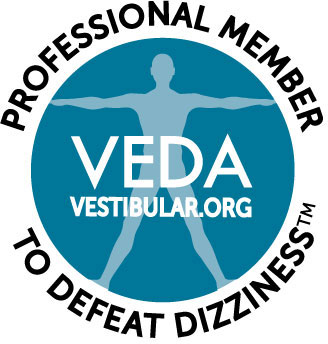Many times, when a general practitioner is unable to help their patient, they are sent to another doctor who specializes in the condition or issue from which the patient is suffering. In our healthcare system, unfortunately, patients are often shuttled from specialist to specialist, unable to receive the care and answers they need because no one ever takes the time to fully evaluate them.

As a doctor, I feel it is my job to look at each patient as a whole person, and I always strive to take in the full picture with each patient. Working together with other health professionals should always be the goal to help heal the patient. If you or a loved one have been suffering from headaches and dizziness and haven’t found relief after visiting the neurologist, ENT or vestibular therapist, it may be a problem with the eyes.
What Causes Dizziness?
Dizziness can be brought on by a variety of factors. The eyes, inner ears, blood pressure and blood sugar levels can all contribute to this condition. Many people don’t realize how closely the visual system and the inner ear work together to keep us balanced and moving correctly in space. As a result, the link between our inner ears, the vestibular system and vision is too often overlooked. Those who are experiencing problems with dizziness, migraines, balance issues and related symptoms and haven’t received relief from traditional medications and treatments are very likely to be suffering from vertical heterophoria (VH), a binocular vision dysfunction where the images you see fall on non-corresponding points on your retinas.
How Vertical Heterophoria Can Lead to Dizziness
When your eyes aren’t aligned correctly, your brain works to fix the problem by forcing your extraocular muscles – the tiny muscles that control eye movement – to move the eyes back into the correct position, thus keeping the images together. Over time, this puts a great amount of strain on the eye muscles, resulting in unpleasant and, at times, even painful symptoms such as headache and dizziness – two of the most common signs of VH.
Schedule an Examination With a Neurovisual Specialist
VH will not be found on a routine eye exam. Diagnosis requires a comprehensive neurovisual examination administered by a trained neurovisual specialist like those here at the Neuro Visual Center of New York. This test can help determine if a binocular vision dysfunction is the missing puzzle piece in your treatment for dizziness. If you think you may be suffering from VH, contact us at (516) 224-4888 for more information or fill out our simple online questionnaire.





